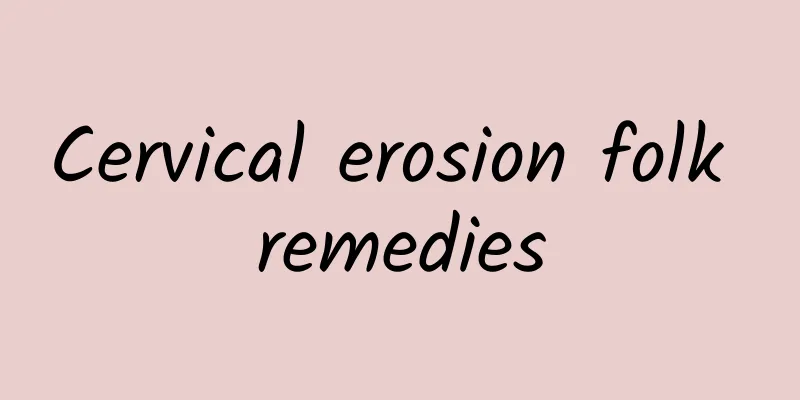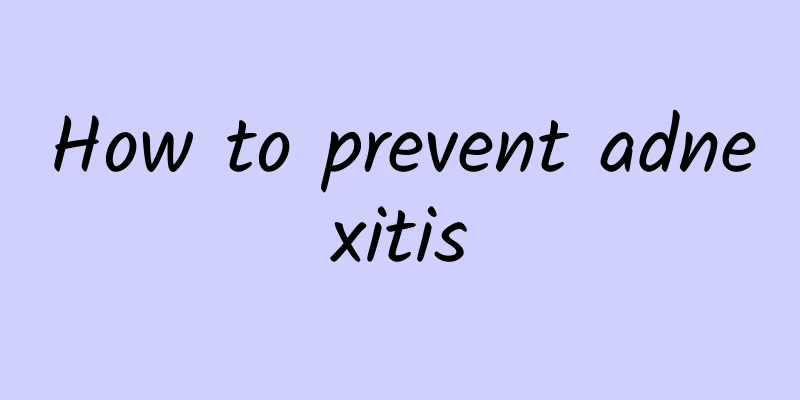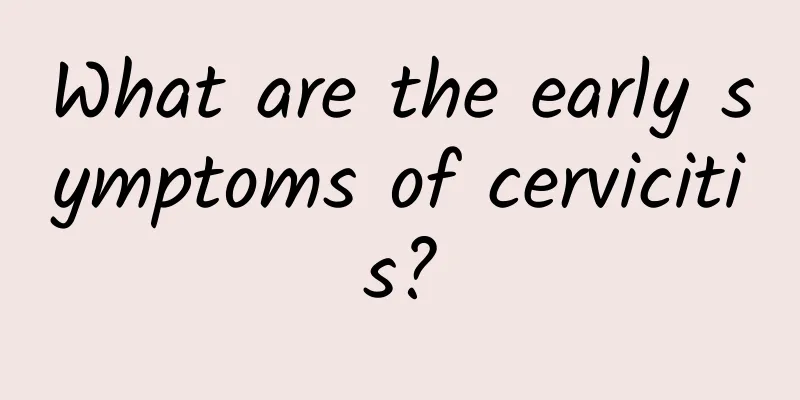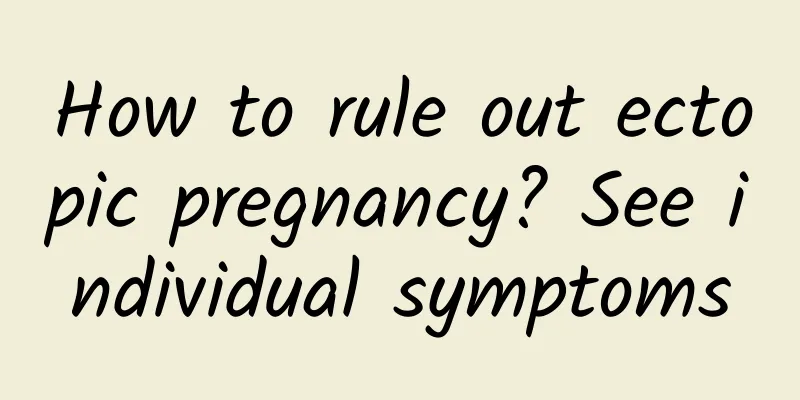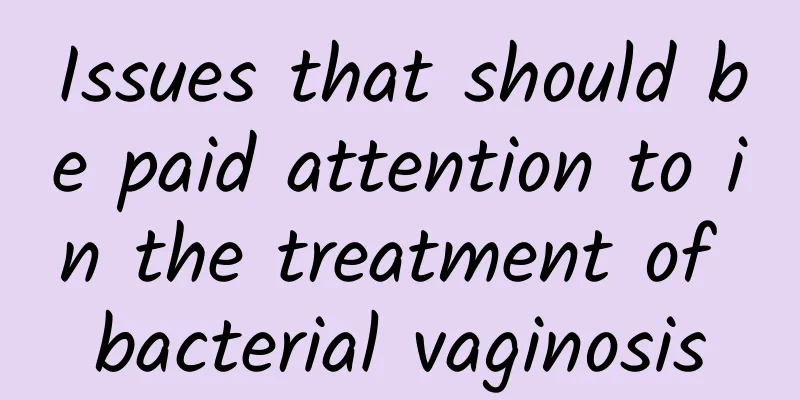Can someone with an ovarian cyst get pregnant?
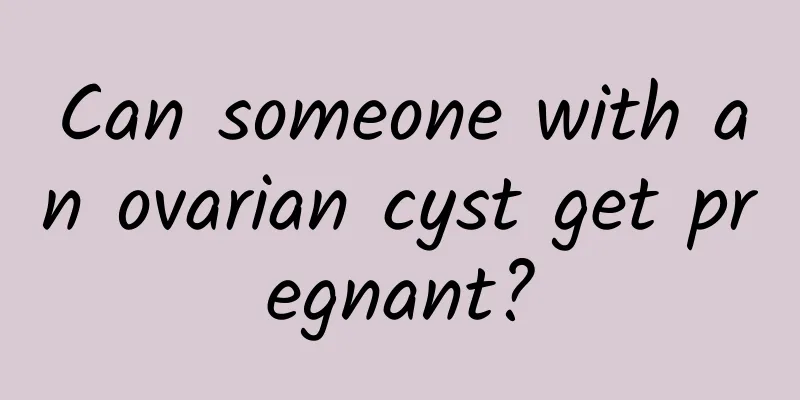
|
It is possible for people with ovarian cysts to become pregnant, but the condition needs to be evaluated based on the type and size of the cyst and whether it affects ovarian function. If the cyst is small and has no special symptoms, it usually does not affect pregnancy; but if the cyst is large, causes complications or is a pathological cyst, it may increase the risk of difficulty in becoming pregnant and needs to be treated promptly. 1 Common types and effects of ovarian cysts Ovarian cysts are divided into physiological cysts and pathological cysts. Physiological cysts such as corpus luteum cysts and follicular cysts are often caused by normal ovarian cycle activities in women, usually disappear on their own, and have little effect on pregnancy. Pathological cysts, such as chocolate cysts caused by endometriosis, dermoid cysts and cancerous cysts, may interfere with ovulation or cause damage to ovarian tissue, resulting in decreased fertility or even infertility. 2 suggestions for women who are planning to have a baby 1. Regular check-ups: If you suspect you have an ovarian cyst, it is recommended that you confirm the diagnosis through B-ultrasound and consult a doctor about the type and size of the cyst. 2. Control cysts: For physiological cysts, they can be observed for 3-6 months. If the cyst continues to grow, rupture or twist, drug treatment such as birth control pills to inhibit ovarian ovulation or surgical intervention such as laparoscopic resection is required. 3. Maintain good physical condition: Eat more anti-inflammatory foods such as foods rich in omega-3 fatty acids, and exercise moderately to regulate hormone levels and prevent cysts from worsening. 3 Pregnancy risks and necessary treatment If the cyst has no significant effect on ovarian function, pregnancy is still possible. However, monitoring during pregnancy cannot be ignored. In rare cases, the cyst may increase in size due to hormonal changes during pregnancy, and doctors need to continue to follow up and manage. If the cyst hinders ovulation, assisted reproductive technology such as ovulation induction, artificial insemination or in vitro fertilization can be used. If an ovarian cyst is found, it is recommended to monitor under the guidance of a gynecologist and plan pregnancy after treatment to increase the success rate and safety of pregnancy. Do not ignore physical discomfort, actively seeking scientific treatment is the key. |
<<: What are the sequelae of uterine fibroids?
>>: Can cervical pregnancy lead to spontaneous abortion?
Recommend
What is menopausal depression?
Medically, the period between 45 and 55 years old...
Effective relief of dysmenorrhea starts with a balanced diet
It is very necessary for female friends to know s...
Can I wash my hair after a painless abortion?
You can wash your hair one week after painless ab...
Will walking 10,000 steps a day help you lose weight? Experts reveal: 5 concepts that will subvert your thinking
In order to lose weight and fight obesity, many p...
Which department is better for checking uterine fibroids? Which hospital is better for checking uterine fibroids?
Which department is better for uterine fibroids? ...
What are the common complications of uterine fibroids?
What are the common complications of uterine fibr...
How long does it take to get pregnant after laparoscopic surgery for ectopic pregnancy?
After laparoscopic surgery for ectopic pregnancy,...
Will you lose weight if you exercise a lot? Long-term weight loss
I wonder if you have had such experience? After y...
What are the small blood clots that are common during menstruation?
What are the small blood clots that are common du...
How long does it take before you can go out after a painless abortion? What are the precautions after an abortion?
In life, many women accidentally get pregnant, bu...
What to do if cervical hypertrophy is combined with pelvic effusion
Pelvic effusion and cervical hypertrophy are comm...
6 types of vaginitis that occur in women at different stages of their lives
Vaginitis is an inflammation of the vaginal mucos...
Typical symptoms of ovarian cysts
Ovarian cyst is a common gynecological disease, w...
Is it easy to get pregnant with adenomyosis?
Is it easy to get pregnant with adenomyosis? It i...
The harm of abortion to women
Abortion seriously affects the physical and menta...



